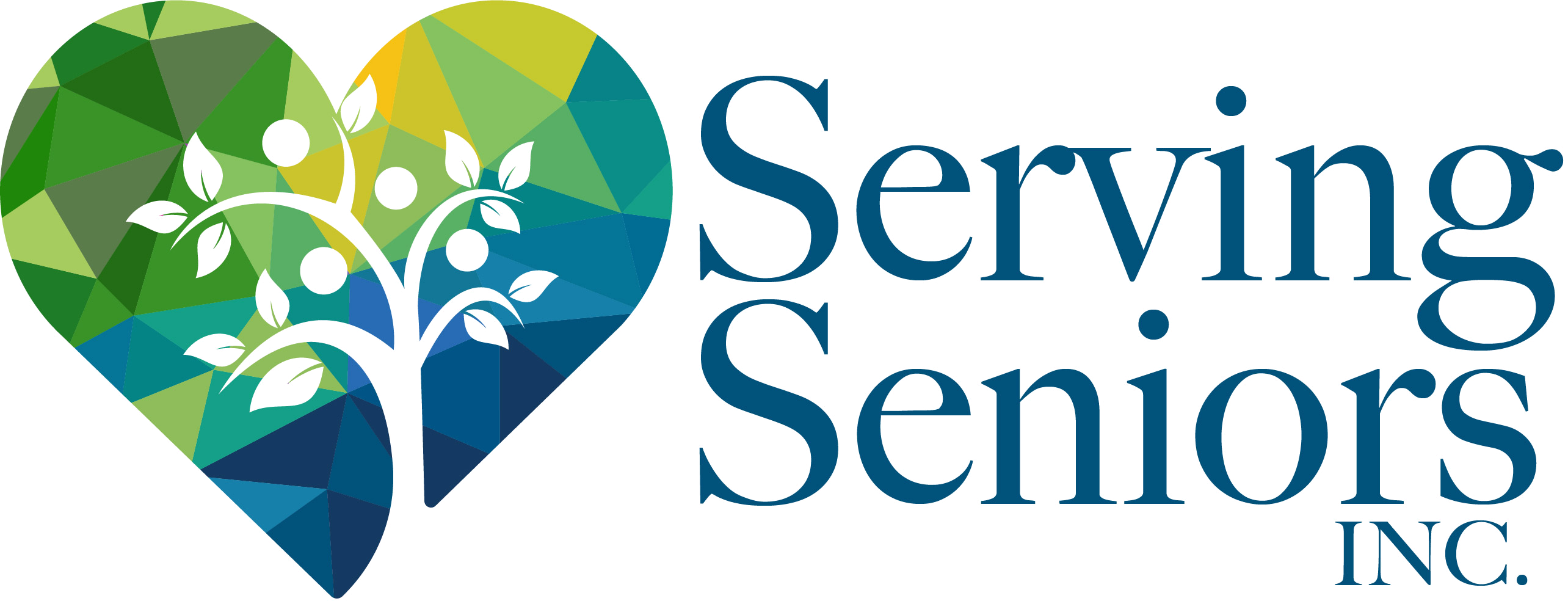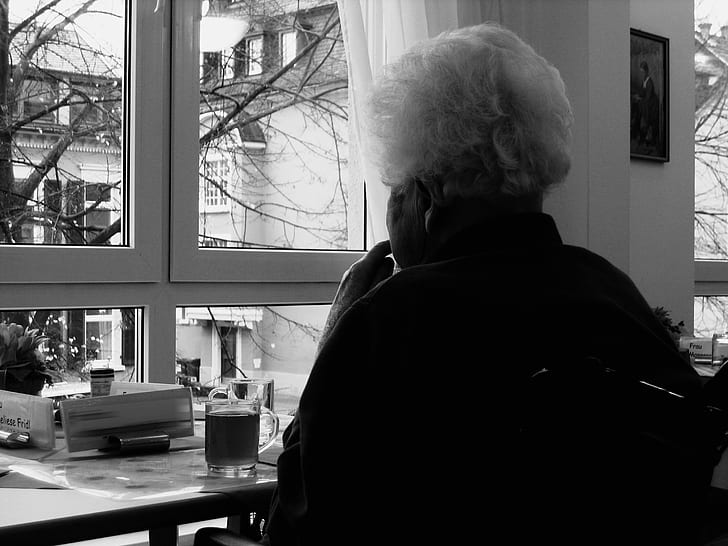By David Falchek, Executive Director Serving Seniors Inc.
Everyone can recall the Beatles song “Eleanor Rigby” and its mournful refrain:
“All the lonely people…. Where do they all come from?”
The song emerged from a young Paul McCartney’s direct experience. As a young member of the UK equivalent of the Boy Scouts, young Paul and his mates donned their uniforms and went door-to-door in their neighborhood, doing modest chores in exchange for a small donation.
Often, Paul would scratch his head after being asked to do tasks that weren’t much of a chore at all, like straightening up an already well-organized shed. More importantly and more meaningfully, he would sit down and have tea and a conversation. “Have another cup, Paul. Stay and tell me more about school.” Those neighbors, he soon concluded, were lonely. He learned some had no one as a regular, active presence in their lives and may go days or weeks with little human contact.
We still have lonely people in our neighborhoods: more perhaps than ever and isolated worse than ever. They aren’t just the older adults that young McCartney spent time with. Loneliness is an epidemic among all generations, one only worsened by Covid, noted the U.S. Surgeon General Dr. Vivek Murthy recently. Loneliness has been shown to worsen physical and mental health outcomes.
Serving Seniors is proud to be among several committed agencies participating in the Older Adult Isolation Collaborative, an effort led by the United Way of Lackawanna Wayne & Pike County and headed by Michael Castellano. Agencies serving older adults identify those at risk of isolation and refer them to trained navigators in the program, who offer support and encouragement to participate in social and community activities. Assisting in the effort is Leonard Kaye, DSW, PhD., of the University of Maine, a leading expert in the harm of social isolation and the benefit of community and connectedness.
The Beatles also encourage the listener to “Ah, LOOK at all of the lonely people.” “Eleanor Rigby” and the Collaborative call us to acknowledge others in our community and to be present for them. Saying hello, checking in, building a relationship, making connections, lending a hand, sharing tea, inviting and offering — these are the meaningful, no-tech, drug-free and cost-free cures for loneliness and isolation.


